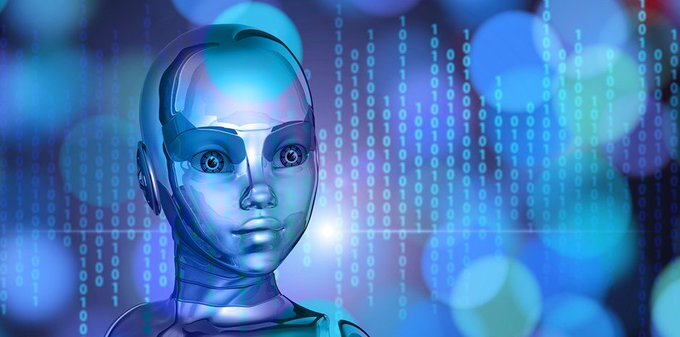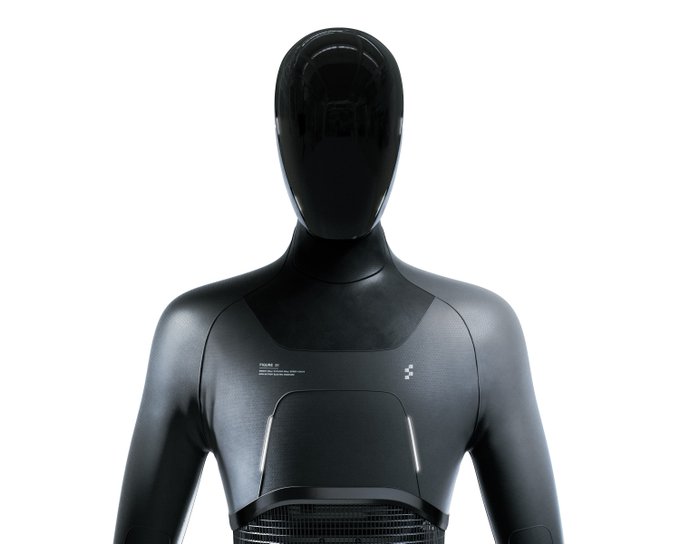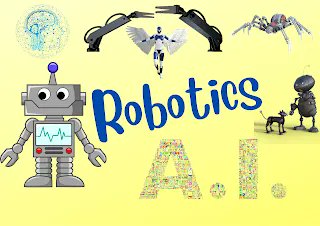It seems unlikely that their new argument about AI-induced mass unemployment will turn out to be the silver bullet they are hoping for.
hanks to the recent efforts of such figures as Democratic presidential candidate Andrew Yang and British Shadow Chancellor John McDonnell, the issue of Universal Basic Income (UBI) has been back at the forefront of the public discussion on economic issues, along with the various arguments and justifications for introducing such a policy. While many of these justifications have become quite familiar over the years of waxing and waning interest in UBI, it is interesting to note the recent surge of interest in one particular argument, which sounds more like something from a science fiction novel than an economics textbook.
A Familiar Narrative—with a Twist
This argument runs roughly as follows: In the not too distant future, rapidly advancing technology will allow robots and artificial intelligence (AI) to perform many of the jobs now being done by humans and to do so more cheaply and efficiently than humans ever could. This will result in robots/AI replacing humans in almost all jobs, making the vast majority of people permanently unemployed, and without Universal Basic Income, how will they (the people) be able to keep food on their tables?
Mots-clés : cybersécurité, sécurité informatique, protection des données, menaces cybernétiques, veille cyber, analyse de vulnérabilités, sécurité des réseaux, cyberattaques, conformité RGPD, NIS2, DORA, PCIDSS, DEVSECOPS, eSANTE, intelligence artificielle, IA en cybersécurité, apprentissage automatique, deep learning, algorithmes de sécurité, détection des anomalies, systèmes intelligents, automatisation de la sécurité, IA pour la prévention des cyberattaques.






